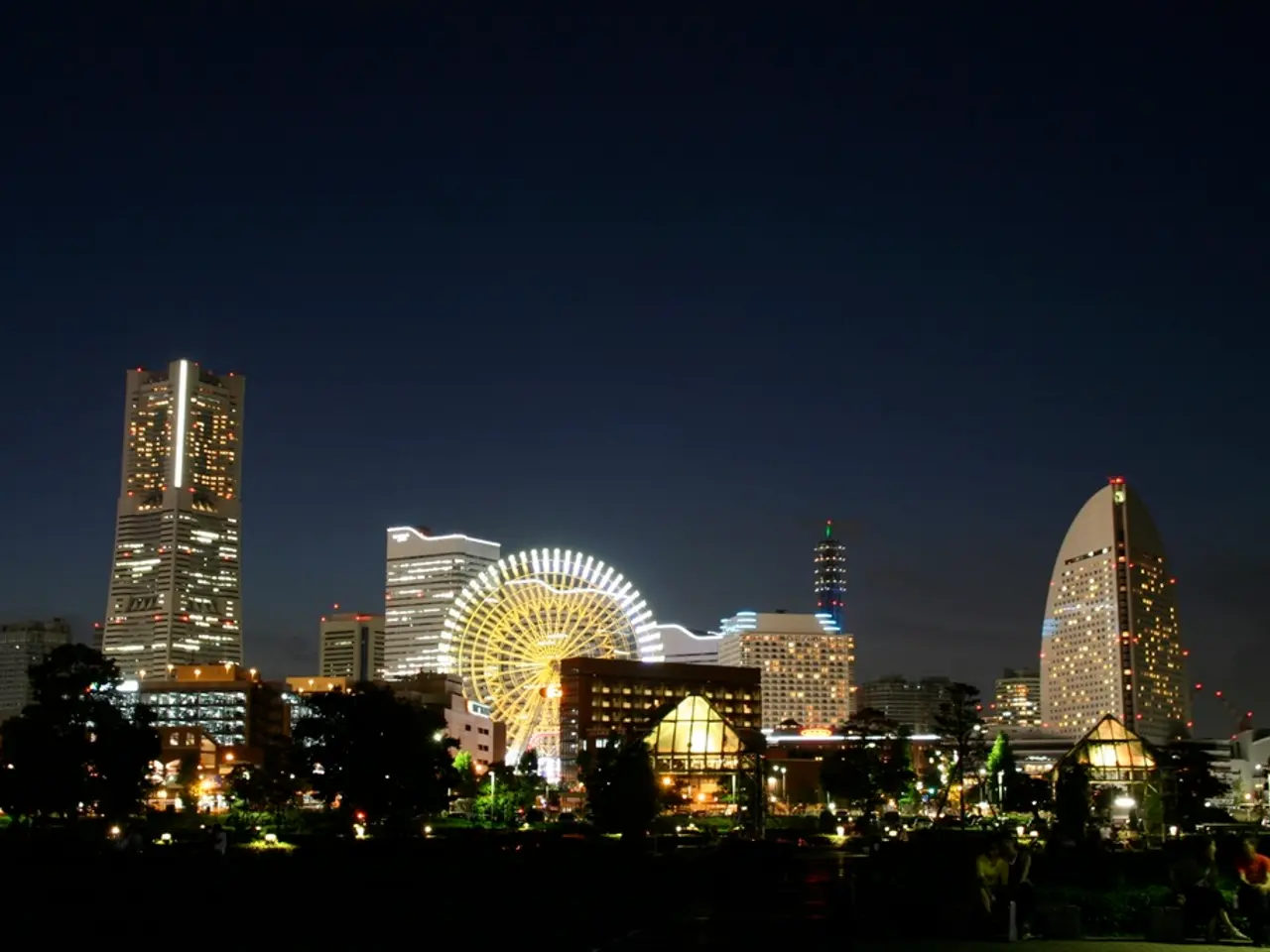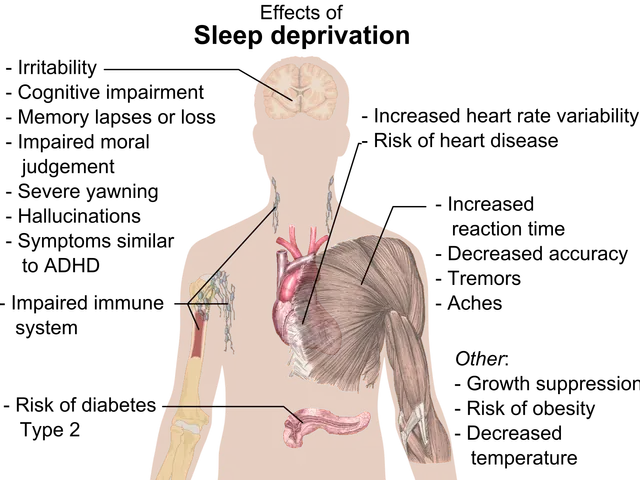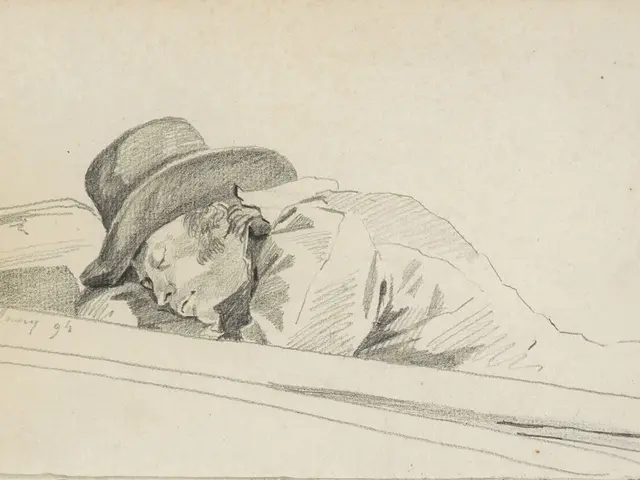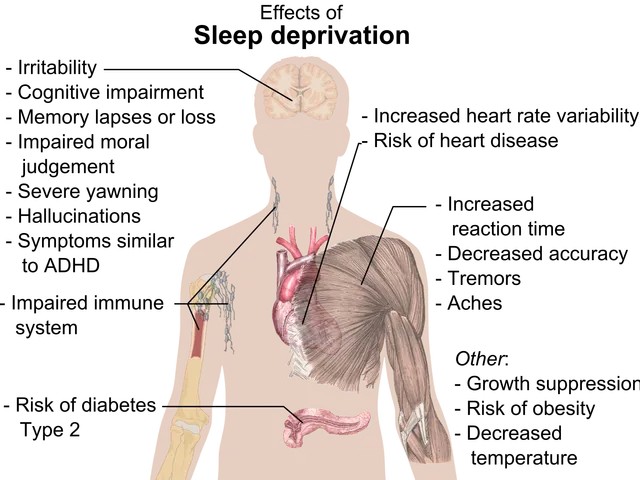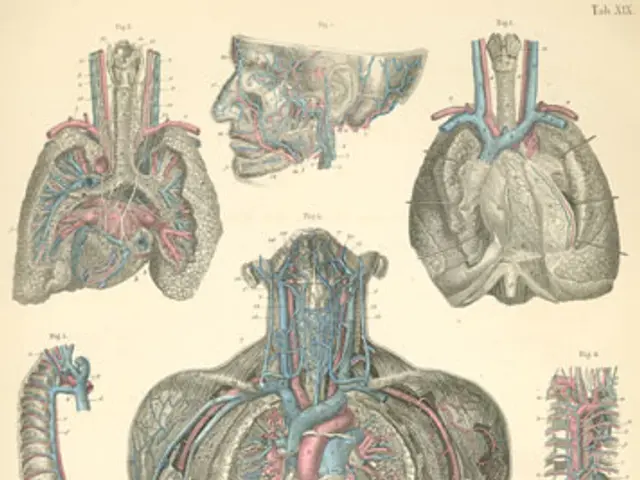Too bright at night: Light as a health hazard - Artificial Light at Night Linked to Higher Heart Disease Risk
A recent study has revealed alarming links between artificial light at night and serious health risks, particularly an increased likelihood of cardiovascular diseases. The research, published in December 2023, suggests that exposure to high levels of light at night can significantly impact heart health.
Individuals exposed to high levels of light at night faced a 45 to 56 percent greater risk of heart attacks and heart failure compared to those with minimal or no nighttime light exposure. The risk of stroke and coronary heart disease also rose by 28 to 30 percent among those with significant bedroom lighting. This increased risk is attributed to excessive nighttime light disrupting the body's circadian rhythm, which regulates essential functions like sleep, metabolism, and hormone production. Artificial light at night can suppress melatonin production, increase heart rate, blood pressure, and insulin resistance, and disrupt deep sleep. To minimize these risks, experts recommend using blackout curtains, sleep masks, and turning off smartphones and televisions before bed to reduce light pollution in the bedroom. Interestingly, global nighttime illumination has surged by nearly 50 percent between 1992 and 2017, with major cities rarely experiencing true darkness, indicating a widespread exposure to light at night.
The study underscores the potential serious health implications of artificial light at night. While more research is needed to fully understand the extent of these risks, taking simple steps to reduce light pollution in our bedrooms may help lower our cardiovascular risk. As the world becomes increasingly illuminated at night, it is crucial to be mindful of our exposure to light and consider measures to protect our health.
